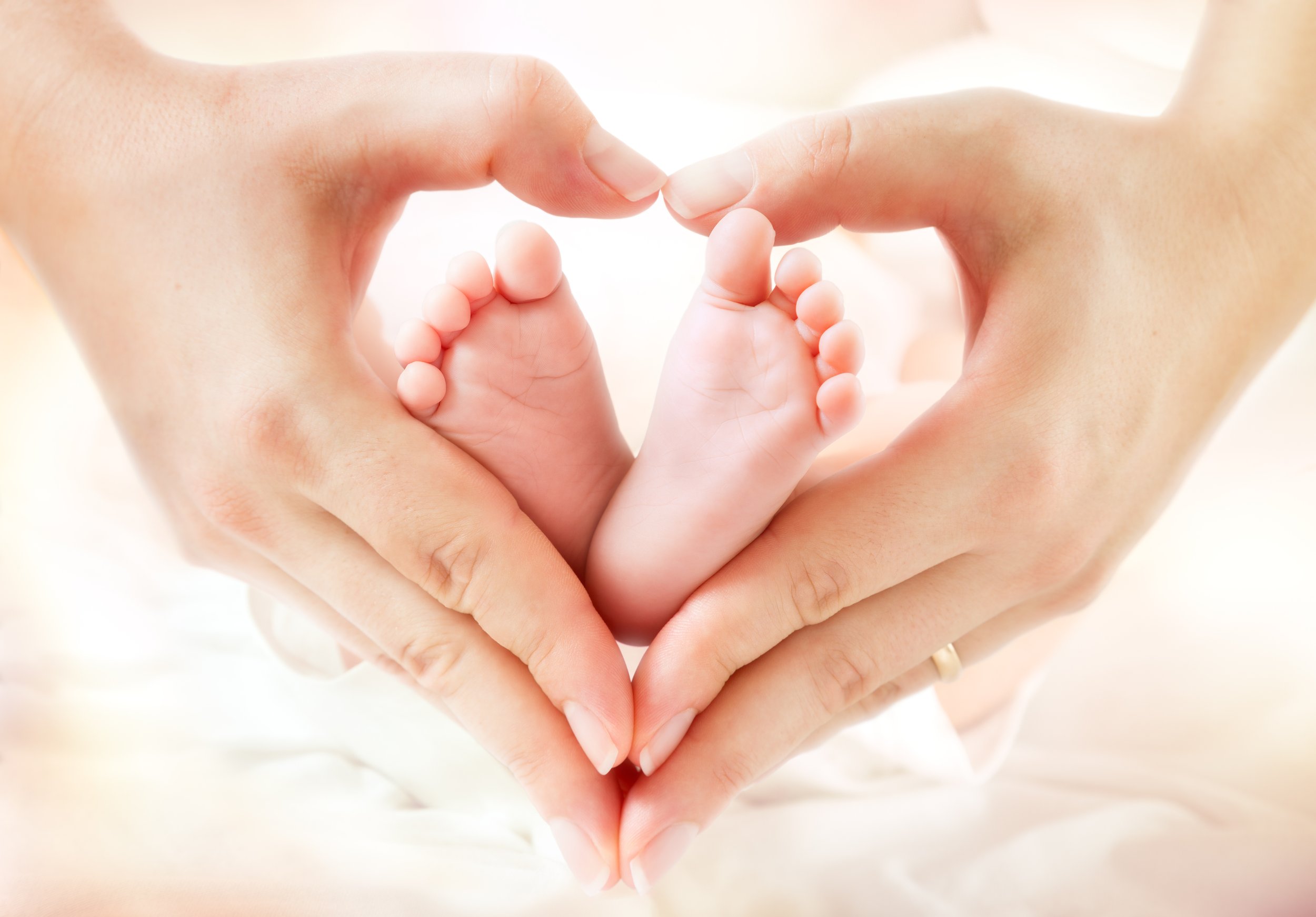
Issues
What Are Human Rights?
The United Nations describes them as “universal and inalienable” — rights that are inherent to every person.
In other words, all human beings have human rights, and we possess them by virtue of our humanity and not because they are granted to us by government or other people. The most foundational human right is the right to life.
UNITED NATIONS DECLARATION OF HUMAN RIGHTS
The UN’s Universal Declaration of Human Rights [2] highlights this in Article 3: “Everyone has the right to life, liberty and the security of person.” And in Article 6 it says, “Everyone has the right to recognition everywhere as a person before the law.”
DECLARATION OF INDEPENDENCE
The Declaration of Independence states, “…that all men are created equal, that they are endowed by their Creator with certain unalienable Rights, that among these are Life, Liberty and the pursuit of Happiness.”
If we hold to the validity of these statements, and if preborn children are human beings, then we would have to conclude that the youngest among us have the same inalienable right to life as those who are born.
When Does Life Begin?
The news is often flooded with tragic stories of human beings being killed — from shootings to terrorist attacks — and there is an almost universal consensus that to kill innocent people is wrong.
However, is it the victims’ ages that makes the attacks wrong, or is it their humanity?
Clearly, whether a person is 50 years old, 18, or two is not what makes killing wrong. What matters is that the victim is human. Identifying the moment an individual person’s life begins also pinpoints when her human rights begin.
Science teaches us that a new human being begins at the moment of sperm-egg fusion, otherwise known as fertilization. Sperm and egg, by themselves, only contain half the genetic material needed to form a human being. When these cells fuse, however, a new individual who is genetically distinct from both parents comes into existence. There is a wealth of testimony from medical texts which backs this up.
Implantation — but that’s just a change in location from fallopian tube to uterus.
Heartbeat or brainwaves — but those are just developmental milestones.
Pain sensation —but that’s another stage in development (which might never occur, such as for those with congenital insensitivity to pain).
Consider those who create life: whether a human being is created inside a lab via in vitro fertilization, or whether someone breeds horses on a farm, a female’s egg fertilized by the male’s sperm is required to create offspring. Once fertilization occurs, a new organism of the same species as its parents is formed.
Since life begins at fertilization, an individual grows and develops between the moment of fertilization throughout adulthood. For example, prior to birth, a human being’s reproductive organs develop (in fact, female preborn children have early reproductive cells in their ovaries by 9 weeks post fertilization, or 11 weeks from a pregnant woman’s last menstrual period [3]). After birth, the person’s reproductive organs continue to develop. Although the individual is less developed at birth compared to adulthood, development does not determine a person’s humanity.
Consider for a moment, if life doesn’t begin at fertilization. The following are the alternatives:
Consciousness — but that’s also a stage of development which can even change after birth (while sleeping, being in a coma, or under anesthetic).
Birth — but that’s just a change in location.
Life Begins at Conception
In short, a human life begins at fertilization. After fertilization, a human being continues to develop. Since “human rights” are grounded in being human—not in a person’s age, level of development, or location — human embryos and fetuses have the same inalienable and universal right to life as human infants, toddlers, teenagers, and adults.
“But what about personhood?” some might ask. “If the embryo isn’t conscious, rational, or self-aware, doesn’t that mean it’s not a person?”
First, the right to life is grounded in the biological category of “human,” not in the legal or philosophical label of “person” (that’s why they’re called “human rights” and not “person rights”).
Second, humanity has an ugly history of defining the term “person” so as to exclude certain groups of humans. If it’s wrong to deprive women, Black people, and Jews of their personhood based on the criteria of sex, skin color, and ethnicity/religion, it is also wrong to deprive the preborn of their personhood based on the criterion of age.
Third, the history of defining personhood based on features only some humans have explains why the UN has stipulated, in Article 6 [6] of its Universal Declaration of Human Rights (which was adopted shortly after the Holocaust), that human beings should automatically be considered persons. Therefore, since the preborn are humans, they ought to be labeled as persons.